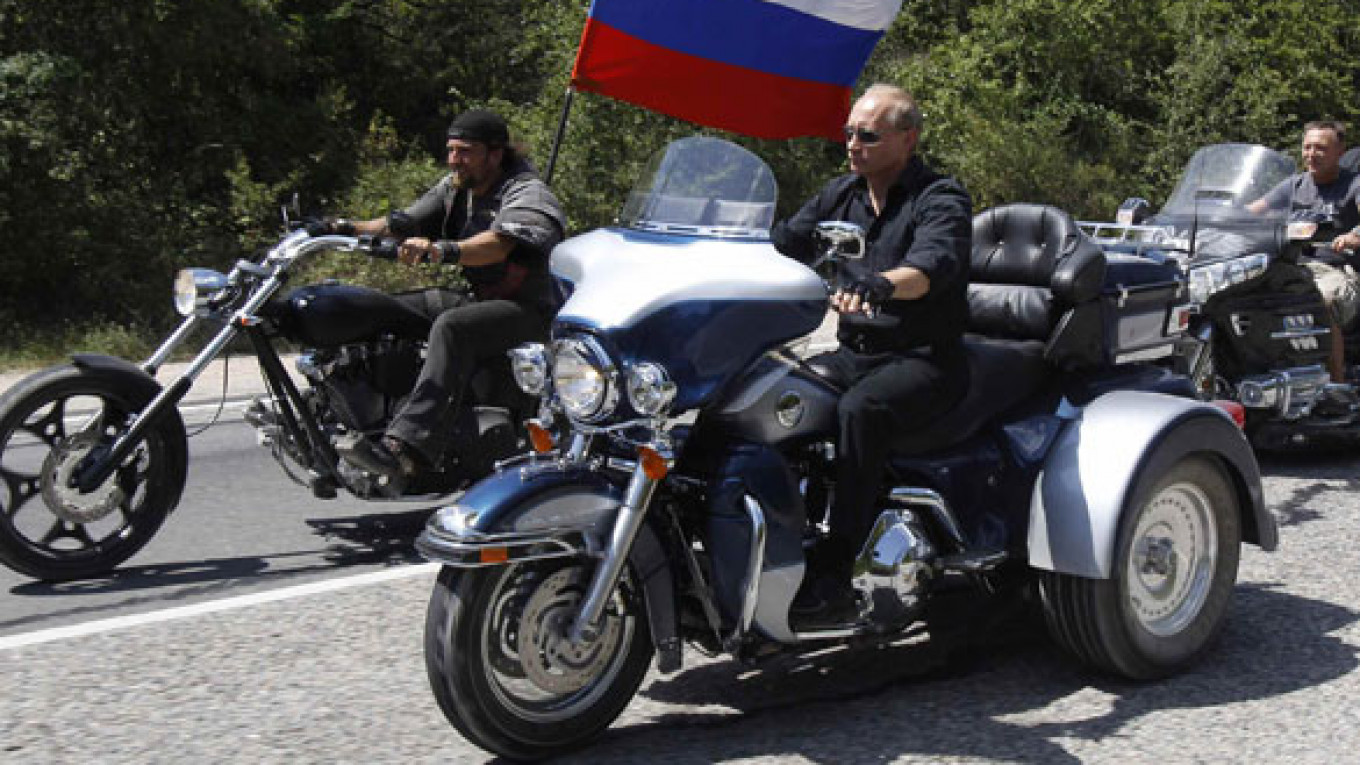The Shatursky district has the distinction of being one of the few areas in the Moscow region where not a single home or person suffered from the fires, despite the fact that the area had more dried-out peat bogs — and was thus more fire-prone — than other districts in the region.
Shatursky was spared largely because Andrei Keller, the district’s head, was one of the few administrative chiefs who took preventative measures and moved quickly and decisively when the fires broke out. Amazingly, 1,051 fires had been spotted in the district since April, yet not one of them ever spread beyond 20 hectares to 26 hectares in size. What’s more, Keller declared a state of emergency in the district as early as June 22.
This is a good illustration that in the modern world, there are no natural disasters — only social ones.
Disaster response can be gauged according to three parameters: the ability of the system to predict or anticipate the catastrophe; the ability to react to it quickly; and the ability to delegate authority to other systems if you are unable to cope with the problem yourself.
By each of these three parameters, Russia’s disaster response system failed miserably. After then-President Vladimir Putin signed the Forest Code in 2007 — which shifted the responsibility of protecting the forests from the federal government to enterprises that harvest the forest and to poorly equipped and underfinanced regional authorities — experts warned that the country would burn with the onset of the first unusually hot summer.
The authorities ignored the problem. Even after Russia was already in flames, Putin had other priorities. He took a trip to Crimea to ride a three-wheeled motorcycle with a group of bikers and to sing “Where Does the Motherland Begin?” with the 10 failed spies who had just returned after being kicked out of the United States.
The ability to delegate authority to other systems also turned out to be a bust. In the village of Barkovka in the Nizhny Novgorod region, local authorities did nothing to prevent the fires. They also threatened to bring criminal charges against villagers for trying to cut down surrounding trees, which was necessary to save their homes. This is a typical Putin-style knee-jerk reaction: Any action by the people that is not approved by the authorities is perceived as rebellious.
I would like the authorities to answer three simple questions. First, how many pregnant women live in the Moscow, Ryazan and Tver regions, and how will the toxic smog affect their unborn children? Second, how many people have died from the smoke — not the fires or heat, but the actual smoke? We know that Moscow’s morgues are overflowing with corpses, but the government has not released any solid figures on casualties. Third, how many more people will die in the next 10 to 20 years from lung cancer and other respiratory problems because they inhaled toxic smog every day for three straight weeks?
We have not heard the government’s answers to these questions (and probaly never will as long as Putin remains in power). Instead, we are bombarded with news coverage of Putin co-
piloting an airplane and personally dropping water on the fires. It is clear, however, that he couldn’t care less about the more than 50 people who were killed by the fires or the 30 million people across central Russia who were poisoned by the smog.
Yulia Latynina hosts a political talk show on Ekho Moskvy radio.
A Message from The Moscow Times:
Dear readers,
We are facing unprecedented challenges. Russia's Prosecutor General's Office has designated The Moscow Times as an "undesirable" organization, criminalizing our work and putting our staff at risk of prosecution. This follows our earlier unjust labeling as a "foreign agent."
These actions are direct attempts to silence independent journalism in Russia. The authorities claim our work "discredits the decisions of the Russian leadership." We see things differently: we strive to provide accurate, unbiased reporting on Russia.
We, the journalists of The Moscow Times, refuse to be silenced. But to continue our work, we need your help.
Your support, no matter how small, makes a world of difference. If you can, please support us monthly starting from just $2. It's quick to set up, and every contribution makes a significant impact.
By supporting The Moscow Times, you're defending open, independent journalism in the face of repression. Thank you for standing with us.
Remind me later.








